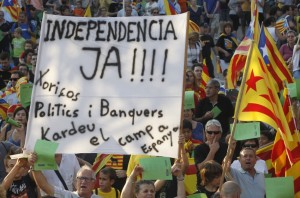Where I live, Richmond, Virginia, has in the US been a center of the recent movement to remove public monuments to individuals or movements associated with causes on the wrong side of history. In the case of Richmond, the monuments were statues of figures representing the breakaway Confederate States, determined to maintain the slavery of Blacks. The impetus to examine the appropriateness of public monuments celebrating racism came from the murder of George Floyd in 2020. Now in the Baltic states public monuments associated with Russia or with the Soviet Union are coming under increasing scrutiny and in some cases being removed. It is a phenomenon based largely on the Russian war on Ukraine.
However, the situation in Estonia, Latvia, and Lithuania is complicated by language issues. While the majority of inhabitants of those countries support Ukraine in the war, each country has a sizable number of native Russian speakers. Many of those people, ethnic Russians, support Russia in the war and do not approve of the removal of Soviet-oriented monuments. In Latvia, one third of the population speak only or primarily Russian. Recently, the Latvian government dismantled a tall obelisk erected in 1985 as a memorial to Soviet soldiers killed in World War II. According to a story in the New York Times, that obelisk was important to the Russian minority, with Russian speakers gathering at the obelisk each May 9 to commemorate the Soviet victory over the Nazis. It’s not just the ethnic Russians in Latvia who were upset over the demolition of the monument, the Kremlin accused European countries of attempting to rewrite history and disregarding Russia’s role in World War II.
According to the NY Times piece,
Latvia is not alone in seeking to dismantle symbols of the Soviet era: Other nations critical of Russia’s invasion of Ukraine, including Poland, have said they will do the same. Estonia recently removed a Soviet-era tank from a World War II memorial, prompting a wave of cyberattacks from a Russian hacking group.
We can’t know how the ongoing war between Russia and Ukraine (and its possible outcome) will affect Russia’s neighbors, especially the former states belonging to the Soviet Union. We do see now Russian citizens becoming less and less welcome in many parts of the world or in particular domains such as sports competitions. The European Union is currently debating whether to prevent Russian tourists from visiting EU countries.

